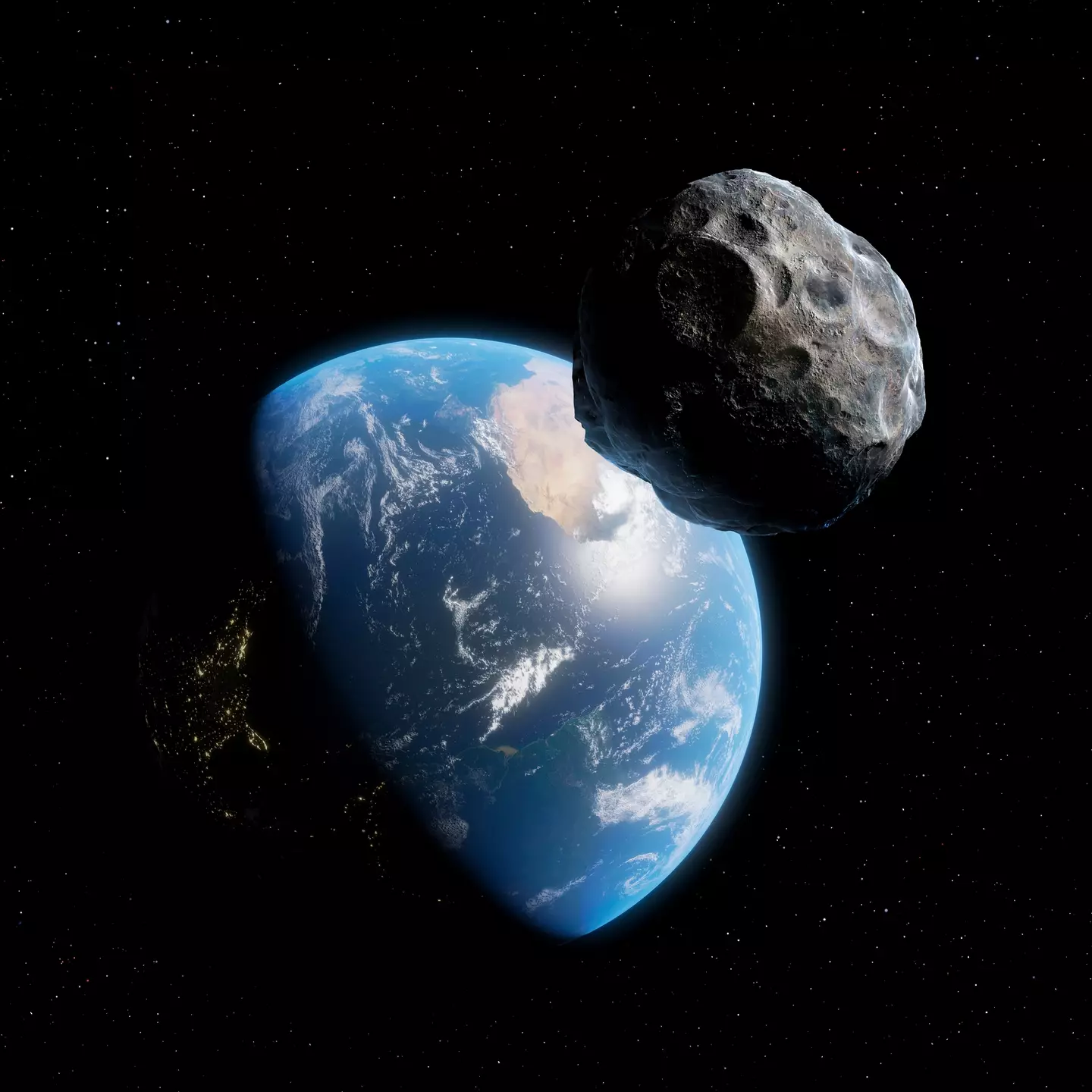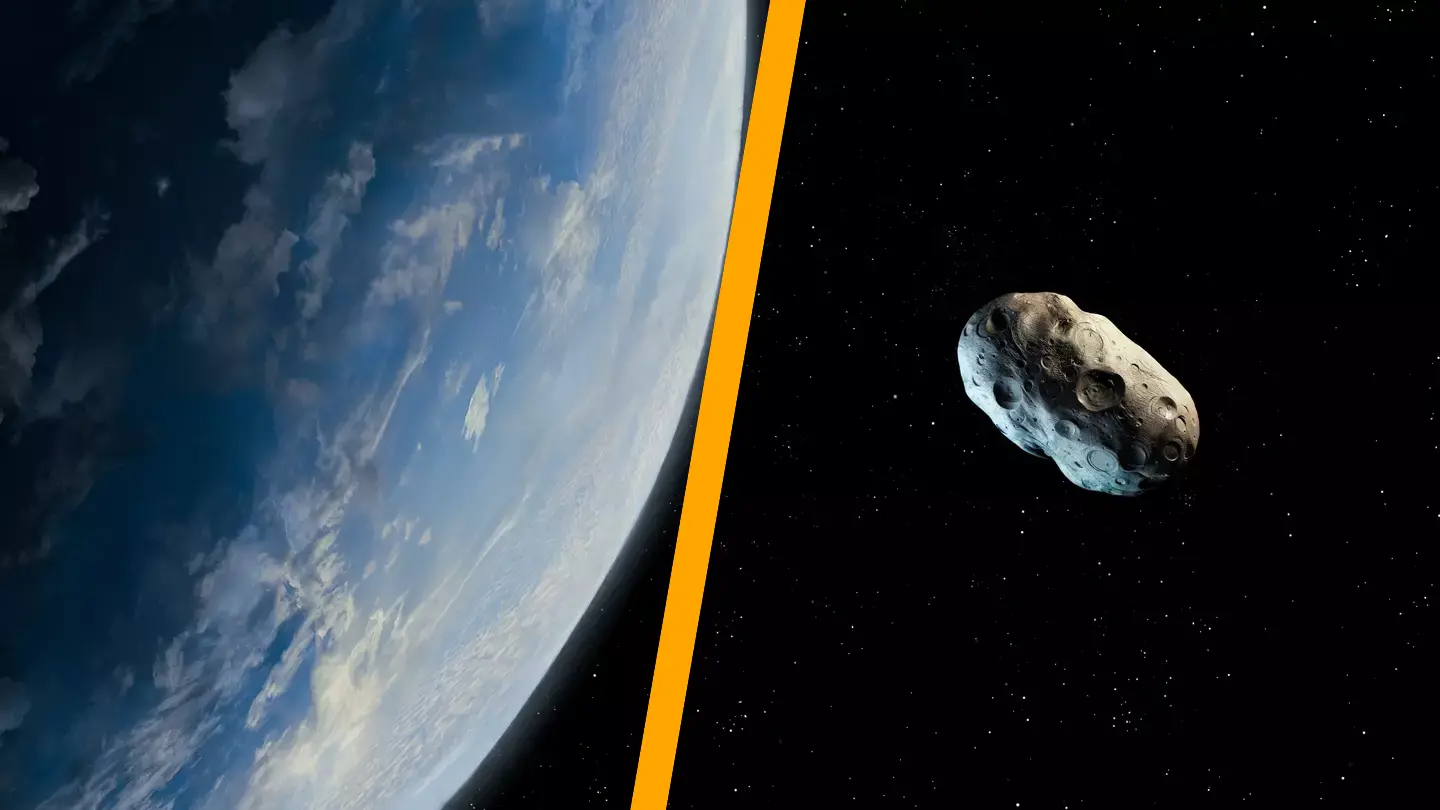Astronomers recently faced a disappointment when they discovered the true nature of an object they had been tracking closely.
On January 2, researchers at the Minor Planet Center at the Harvard-Smithsonian Center for Astrophysics in Cambridge, Massachusetts, reported finding a peculiar object.
This discovery captured the attention of space enthusiasts as it was located less than 150,000 miles from Earth, which is closer than the Moon’s orbit, according to Astronomy magazine.
Given its proximity, experts initially monitored the object due to the potential risk it could pose to Earth. However, it turns out that the object is not an asteroid after all.
Now, scientists have issued a serious warning.

The object that was mistakenly identified as an asteroid turned out to be a car launched by Elon Musk.
Yes, you read that correctly.
Approximately six years ago, the billionaire sent a Tesla Roadster into space. The car, occupied by a mannequin called Starman, is thought to have “listened” to David Bowie’s ‘Space Oddity’ 496,328 times in one ear, and ‘Is there Life On Mars?’ 668,781 times in the other during its voyage.
The Tesla was launched beyond Earth’s atmosphere as a ‘dummy payload’ for the inaugural mission of SpaceX’s Falcon Heavy; a launch Musk himself estimated had only a 50/50 chance of success.
Although it’s challenging to determine whether the car remains intact, people can follow its journey via the ‘Where Is Roadster’ website.
While the recent identification by astronomers might delight Musk, there’s a chance the vehicle could be involved in a space collision with a meteoroid.
However, scientists find the mix-up less amusing.
Jonathan McDowell, an astrophysicist at the Center for Astrophysics, expressed concerns to Astronomy magazine that the car might complicate efforts to defend Earth from potentially hazardous asteroids.
“Worst case, you spend a billion launching a space probe to study an asteroid and only realize it’s not an asteroid when you get there,” McDowell explained.
Though there’s a minor chance that the Tesla could return by crash landing on Earth, it remains improbable.
Researchers estimate there is only a six percent chance of this occurring in the future.

